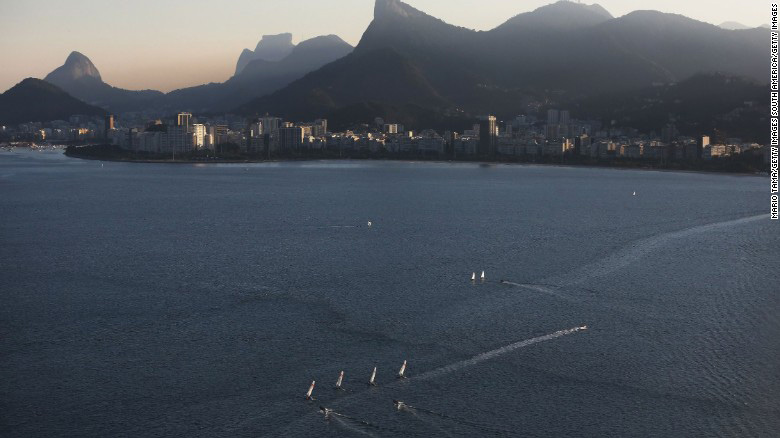By: Flora Charner, CNN
Click here to read the original article on CNN.com
Rio de Janeiro (CNN)A group of Brazilian scientists has detected a drug-resistant bacteria growing off some of Rio de Janeiro's most stunning beaches, in research being published a month before the city hosts the 2016 Olympic Games.
According to lead researcher Renata Picao, the "super bacteria" entered the city's waterways when sewage coming from local hospitals got channeled into the bay.
"We have been looking for 'super bacteria' in coastal waters during a one-year period in five beaches," Picao told CNN during a visit to her lab. "We found that the threats occur in coastal waters in a variety of concentrations and that they are strongly associated with pollution."
The samples were collected between 2013 and 2014. The superbug found was carbapenem-resistant Enterobacteriaceae, or CRE.
Picao said there is no reason to believe the levels have changed because raw sewage continues to flow into many waterways. She said the next step is to test the impact these bacteria can have when humans come in contact with them in coastal waters.
The news comes as Rio prepares to host hundreds of thousands of athletes and tourists during next month's Summer Olympics.

Sailboats sail in the polluted Guanabara Bay, venue site of the Olympic sailing events. Getty Images
Among the beaches flagged were Flamengo and Botafogo, which border the bay where Olympic sailors are scheduled to compete.
"It's a nice sailing area but every time you get some water in your face, it feels like there's some alien enemy entering your face," German Paralympic sailor Heiko Kroger said during a recent visit to Rio. "I keep my nose and my lips closed."
Kroger believes the super bacteria may have caused a severe skin infection in one of his teammates during recent training.
Click here to read the full article on CNN.com

